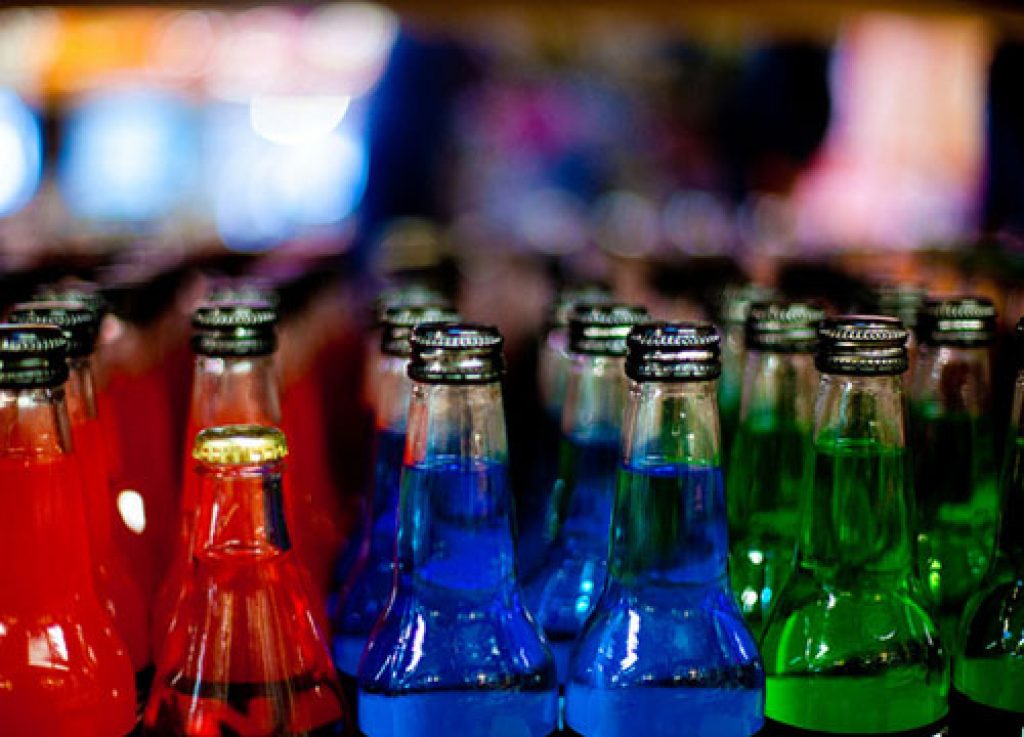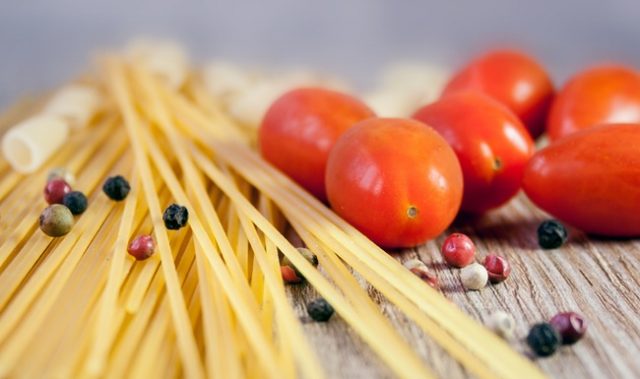
AsianScientist (Oct. 31, 2014) – Research by the University of Sydney reveals that junk food brands are engaging with young Facebook users to promote unhealthy foods which can contribute to obesity and lifestyle diseases.
Published in the American Journal of Public Health, the new study sheds light on the digital marketing strategies of energy dense, nutrient-poor food (EDNP) brands to teens and young adults who are using Facebook.
“Our findings show that unhealthy food and beverage marketing is prolific and seamlessly integrated within online social networks,” says lead author Dr. Becky Freeman, from the University of Sydney’s School of Public Health. “Adolescents and young adults are engaging with brands like Dominos, Slurpee and Skittles on Facebook on a near-daily basis.”
“Soft drinks and energy drink brand pages are hugely popular on Facebook, reflecting the high consumption of these products among adolescents and young adults. Drinking sugar sweetened beverages is a known contributor to rising obesity, and has been the focus of controversial tax policy reform,” she says.
The study used a sample of top-ranked Facebook pages of food manufacturers, food brands, retailers and restaurants. The resulting analysis reviewed 27 food and beverage brand Facebook pages on the basis of their marketing techniques, follower engagement and marketing reach of messages posted by the pages.
Results further showed that competitions, giveaways and aligning with positive events such as Australia Day were found to be effective means of engagement between users and the food companies.
“The Facebook pages in our study were not simply low-budget fan pages, all were professionally moderated and appeared to be administered by either the company brand owner or an advertising agency,” she says.
“In terms of health policy, much of the current work to limit exposure to EDNP advertising is focused on restricting advertisements during children’s television programs and viewing hours. Our study shows that this narrow focus is likely to miss large amount of online advertising aimed at adolescents.”
Freeman recommends increased monitoring of EDNP advertising on social media as a first step.
“Our study focused on Australian Facebook users, however our findings have international relevance given that many of the pages in our study were for global brands,” she says.
The article can be found at: Freeman et al. (2014) Digital Junk: Food and Beverage Marketing on Facebook.
—–
Source: University of Sydney; Photo: Mustafa Sayed/Flickr/CC.
Disclaimer: This article does not necessarily reflect the views of AsianScientist or its staff.












